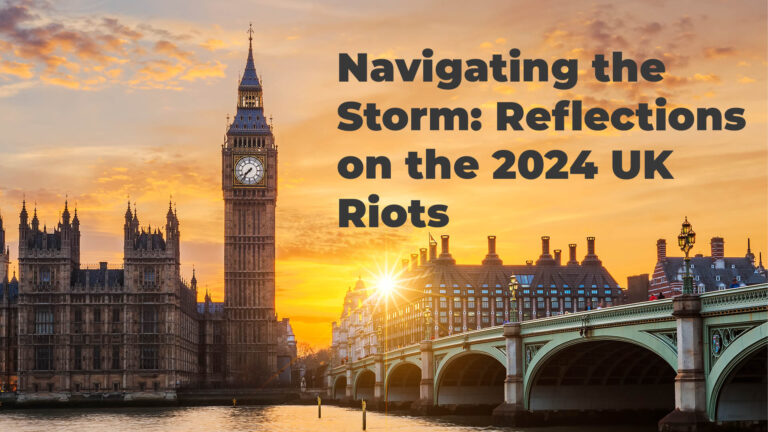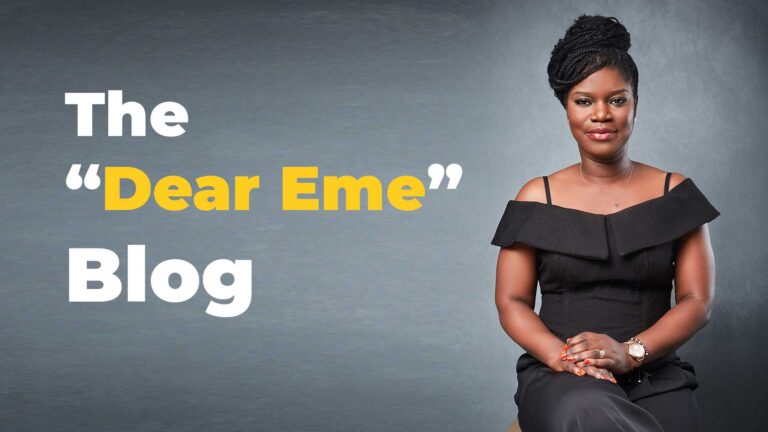The Conflation of Islam and Immigration: A Misguided Fear
Dear Eme,
Following up on my last post, I’ve been reflecting on the troubling conflation of anti-Islam sentiments with anti-immigration rhetoric that we’re seeing in parts of British society. It’s difficult to grasp why this is happening, but I think it boils down to a fear of cultural change—a desire by some to hold onto an idea that “Britain is a Christian country.” This sentiment might seem laughable in 2024, but it’s still expressed with conviction by some.
When you look around Britain today, it’s clear that the reality doesn’t align with this belief. A significant portion of white English people no longer actively practice Christianity, nor do they regularly attend church. In fact, the Christian faith in the UK is often most visibly practiced by immigrants, many of whom are more devout in their religious observances. They’re the ones you see on the streets, evangelizing—though I sometimes wonder if this evangelism is truly about spreading faith or simply about maintaining numbers in our dwindling congregations.
Simply put, Britain today is far from a Christian society in any traditional sense. It is a multicultural nation with a tapestry of religions and cultures. If figures like Tommy Robinson focus solely on Islam as a threat to British identity and culture, they’re missing a much larger and more complex picture. Ask a Briton today to define British identity and culture, and you’ll likely find that it’s a difficult task. What you often hear now are values like mutual respect, inclusion, and a sense of community—values that are, interestingly, very much in line with those upheld by many Muslims.
So why is there such a focus on Islam, and why is Islamophobia on the rise? As a non-Muslim, I’ve observed that many Muslims are deeply committed to their faith. Their convictions are strong, and they stand firm in what they believe. The sense of community within Islam is profound; Muslims often refer to each other as brothers and sisters, and this bond extends globally. If a Muslim in India is suffering, Muslims in the West feel compelled to support them, seeing it as their duty to stand up for their global community. This solidarity is something that could be learned from, not feared.
If Islamic communities are thriving while others are in decline, perhaps the question should be: what are they doing right? What lessons can be learned and applied? Demonizing an entire religious group because of fear only serves to deepen divisions. I’m a strong advocate of treating people as individuals, not as representatives of a religious or racial group. Every religion has its extremists—whether it’s Muslim extremists in Nigeria kidnapping girls or Catholic priests in Europe committing heinous acts. But these extremists don’t represent the whole. They are the exceptions, and they must be dealt with by the law.
This fear of Islam isn’t just a Western phenomenon. During a recent trip to Ghana, I saw similar sentiments emerging. The upcoming election in December has sparked concerns among Christian voters because the leading candidate for the NPP government is a Muslim. Historically, the NPP has been led by Christians, and now, many voters are reluctant to support the candidate simply because of his religion. The fear is that if he wins, he will implement policies favouring Muslims and somehow convert the nation to Islam.
But this fear is unfounded. Look at Nigeria, which has had multiple Muslim presidents. Despite this, Nigeria remains a religiously diverse country. The idea that a Muslim leader would turn an entire nation Islamic is as absurd as the notion that a Christian leader would make a nation exclusively Christian. Governance is about policy and leadership, not religious conversion.
The real issue isn’t Islam—it’s the human heart. As the scripture says, “The heart is deceitful above all things, and desperately wicked; who can know it?” This is the nature that each of us must confront to avoid being led down paths of destruction.
The Need for Introspection Within Christianity
This leads me to a critical point: introspection within Christianity. It’s becoming increasingly clear that many Christians have become too relaxed in their faith. While Christianity is supposed to be a lifestyle—a guiding force in our daily lives and decision-making—it has, for many, been reduced to something we do on Sundays. This disconnection from the core of our faith has diluted its impact on our lives and, by extension, on society.
Our churches are often divided on theological issues, making it difficult to work together as a unified body. This division weakens our ability to further the Christian agenda, particularly when it comes to drawing souls to Christ. We are called to make disciples of all nations, but how many of us truly take this mandate seriously? How often is this preached, and how seriously do we take it? These are questions that need to be asked and addressed if Christianity is to thrive in a multicultural world.
Responding to the Growing Presence of Other Religions
The Christian community needs to respond thoughtfully to the growing presence of other religions in traditionally Christian societies. Instead of viewing this as a threat, we should be asking ourselves why people are turning away from Christianity and turning to other religions. What are we missing? How can we better engage with people in a way that resonates with their spiritual needs?
One practical step could be investing more in Christian activities and spaces. For example, instead of allowing old churches to be turned into flats or mosques, we could come together to repurpose these buildings for Christian outreach and community activities. This not only preserves these spaces for Christian use but also demonstrates a commitment to keeping our faith alive and visible in our communities.
The Media’s Role in Fuelling Islamophobia
Finally, it’s impossible to ignore the role of the media in shaping perceptions of Islam, particularly in the context of immigration. Different streams of media, especially right-wing outlets, often portray Muslim immigrants as the root cause of societal problems. These narratives don’t allow for a balanced discussion of the wider social challenges and tend to scapegoat Muslims, even when they are not at fault. This kind of discourse increases fear and mistrust within the community towards Islam and Muslims.
Eme, in our next conversation, let’s explore the state of Christianity further and discuss whether we are failing as a religion. Are we losing souls to other religions because we’ve strayed from our true mission? As Christians, we are called to subdue, dominate, and make disciples of all nations. It’s the same mission that other religions, including Islam, take seriously. Perhaps it’s time for us to take a closer look at how we can better fulfil this mandate in our own lives and communities.
Love,








